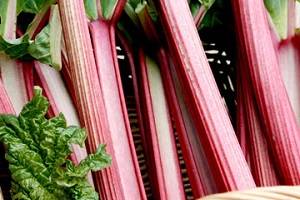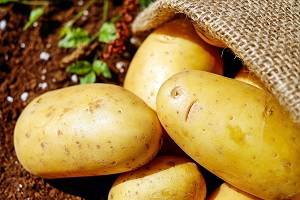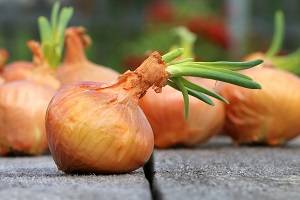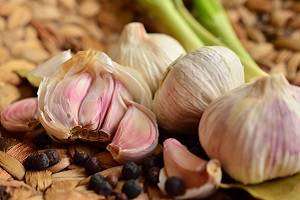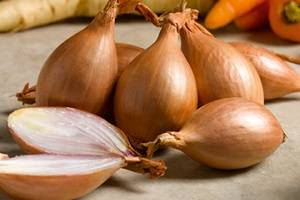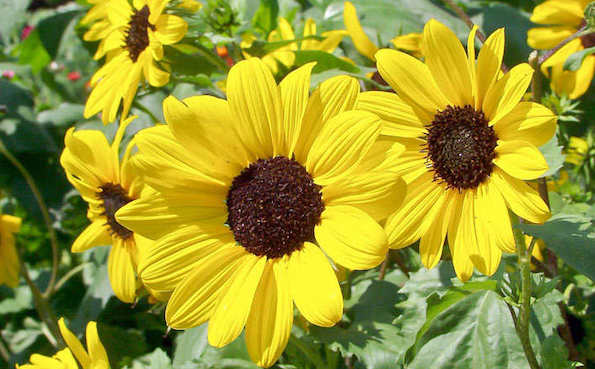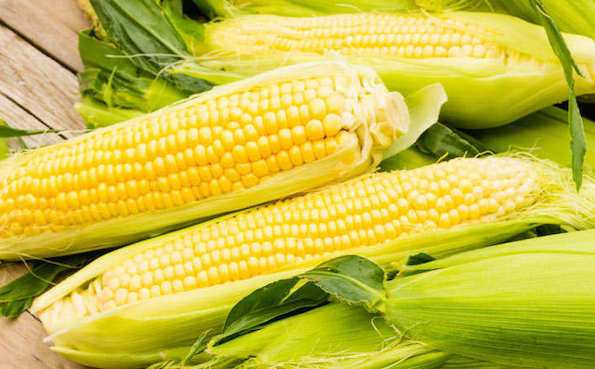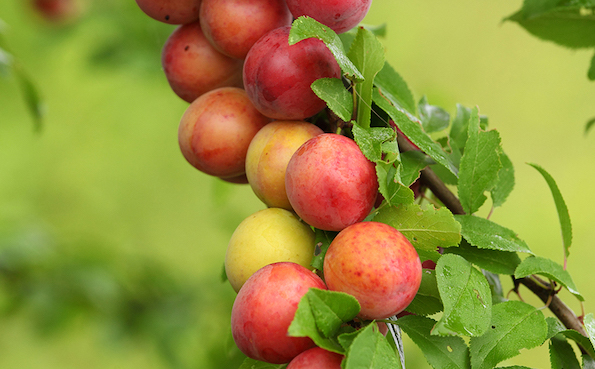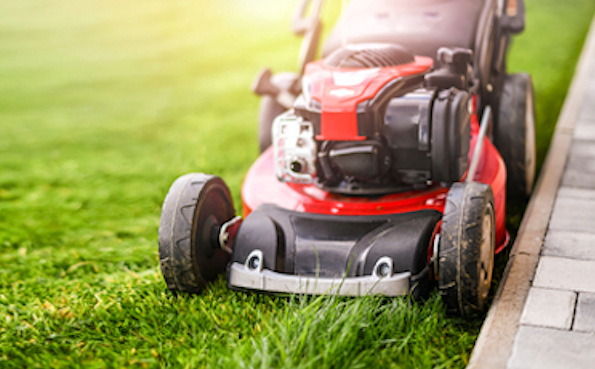Organic Gardening - what to sow in May
May's warmer temperatures make it a great time to start planting out your seedlings, after hardening them off. If you prefer to direct sow your seeds, now's the time to get busy.
Flowering Plants
Flowering Plants
- Direct sow sunflower seeds, zinnias and cosmos.
- Plant summer bedding plants like petunias and marigolds.
- Start dahlias in the ground or large pots.
- Plant gladioli bulbs in patio pots and flower beds for summer blooms.
- Transplant foxgloves for a striking summer border.
- Deadhead spring bulbs to prevent seedheads forming.
- Pinch out sweet pea tips to encourage bushy growth.
- Water plants regularly to prevent drying.
Vegetables
Vegetables
- Sow carrots, beetroot, and parsnips directly outdoors.
- Harden-off tomato plants and transplant to the garden.
- Transplant cabbage and cauliflower seedlings.
- Transplant courgette plants and squash seedlings.
- Sow runner beans, French beans, and pea seeds.
- Start sweetcorn in pots under cover.
- Thin out seedlings to avoid overcrowding.
- Water vegetable beds deeply during dry spells.
Fruit
Fruit
- Net strawberries to protect them from birds.
- Mulch around raspberries and blackberries.
- Harvest mature rhubarb stems (over 3 years old).
- Water young fruit trees and bushes regularly.
- Check for aphids on tender shoots and remove by hand.
- Give soft fruit bushes a high potassium feed to prompt stronger fruiting.
- Thin out gooseberry stems using sharp secateurs to promote air circulation.
- Apply a thick mulch layer around fruit plants.
General Garden Jobs
General Garden Jobs
- Fertilise garden beds with organic compost.
- Mow lawns but leave some areas for wildflowers.
- Ventilate greenhouses to avoid overheating.
- Water plants deeply during dry periods.
- Remove weeds regularly to prevent them from seeding.
- Add supports for taller plants as they grow.
- Divide crowded summer flowering perennials and replant.
- Encourage natural predators for pests by growing a mix of native blooms.
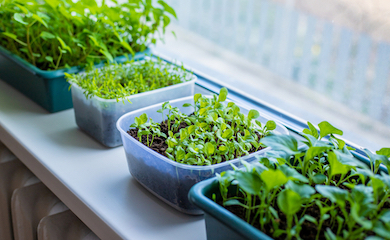
Pots & Containers
- Sow salad mixes or lettuce and rocket seeds in window boxes for easy harvests.
- Refresh soil and feed perennials in containers.
- Move pots into sunny spots to encourage growth.
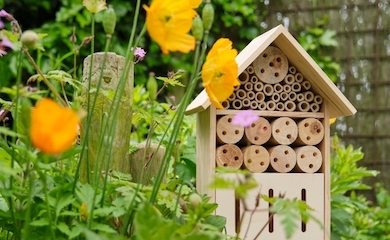
Wildlife
- Install an insect hotel to support bees and pollinators.
- Provide water dishes for thirsty wildlife.
- Leave some areas of grass uncut to encourage greater biodiversity.
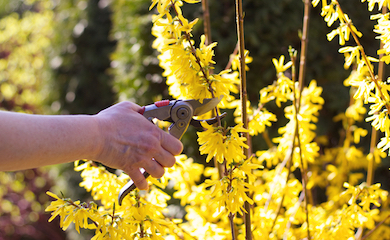
Pruning
- Prune early-flowering shrubs like forsythia after their blooms fade.
- Trim back dead wood from roses and other shrubs to stimulate growth.
- Prune out frost-damaged branches on fruit trees.
Organic Gardening Tip: Mulching helps to retain soil moisture, suppress weeds, and keeps soil temperatures stable - perfect for setting up a strong, resilient garden.

Written by: Sophie Essex, garden writer
Sophie Essex is a freelance garden writer with a passion for horticulture and environmental conservation. She's qualified with a BSc in Botany/Plant Biology from the University of Plymouth and a MSc in Biodiversity and Taxonomy of Plants from The University of Edinburgh.
Sophie has also worked as a professional gardener and landscaper, developing her practical skills at Cornwall's Eden Project, the National Trust for Scotland, and the Royal Botanic Garden Edinburgh.





